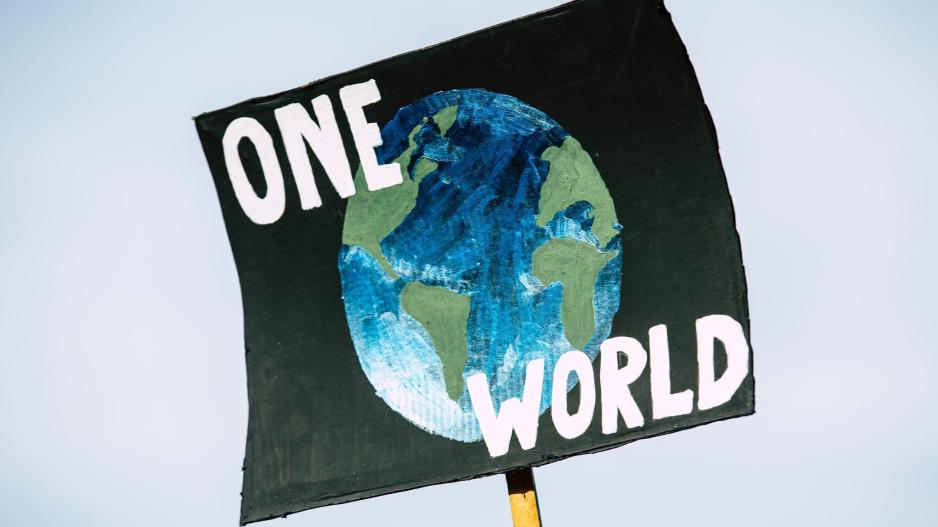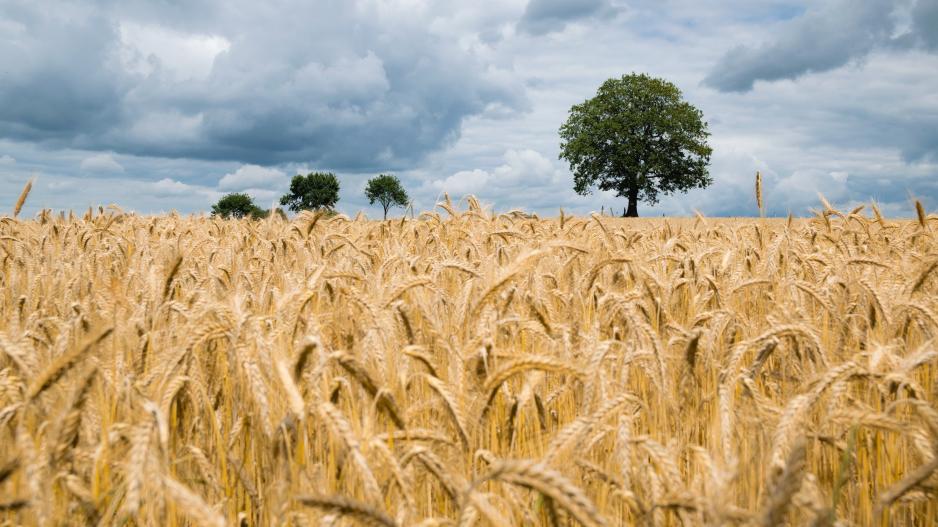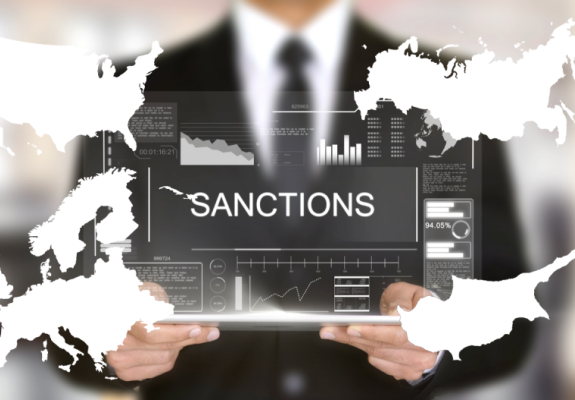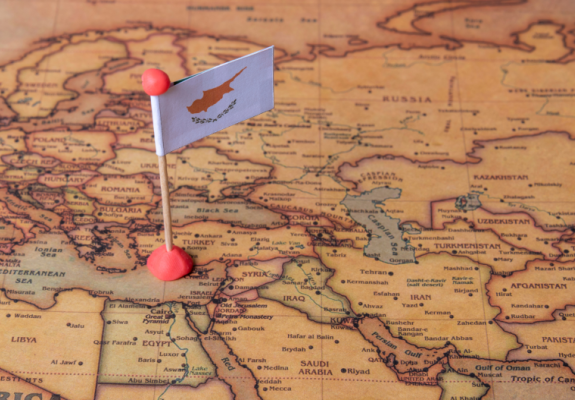Steady Supply and Prices of Grains in Cyprus Amidst Russian Agreement Withdrawal
Agriculture Faces Dire Future Amidst Conflict and Climate Challenges
Amidst Russia's recent departure from the Black Sea agreement, concerns have surfaced regarding the potential impact on Cyprus' grain supply, reserves, and pricing. However, current reports from both a Ministry of Agriculture official and representatives of key agricultural organizations suggest that, at present, the situation remains stable.
According to Konstantis Spanasiis, Chief Agricultural Officer at the Ministry of Agriculture, Rural Development, and Environment, Cyprus relies heavily on grain imports for animal feed, with over 85% of its barley requirements sourced from abroad. Additionally, corn, soybeans, and related derivatives are exclusively imported.
In terms of grains earmarked for human consumption, there is a more positive outlook. Approximately 30% of this demand can be met through domestic production, particularly through the cultivation of hard wheat, which plays a vital role in semolina production.
Addressing concerns about potential disruption caused by Russia's withdrawal, Mr. Spanasiis acknowledged a certain level of market upheaval. He noted that a minor price increase, in the range of 5-10%, has been observed since the agreement was denounced. However, he expressed optimism that this upward trend is unlikely to persist. The emergence of alternative trade routes through the European Union and ongoing exports from Ukrainian ports are expected to stabilize the situation.
Mr. Spanasiis further elaborated that while the initial aftermath of the agreement denouncement did see a degree of market turbulence, the situation appears to be settling. He pointed out that the recent attack on grain storage facilities, which had caused concerns last week, may have contributed to initial disruptions. However, he voiced hope that these issues would not escalate as they did during the onset of the invasion.
Despite the uncertainties stemming from geopolitical shifts, Cyprus has strategically safeguarded its grain reserves. These stockpiles, procured during the early stages of the crisis last year, are projected to sustain the nation's needs for up to a month. However, Mr. Spanasiis emphasized his belief that, given the current circumstances, it is unlikely these reserves will need to be tapped.
"The decline in grain prices resulting from the Black Sea Agreement has had a positive impact on the local region, agriculture, and the economy", Kyriakos Kailas, President of the Pan-Cypriot Association of Cereal Producers and the Pan-Agricultural Association of Cyprus, stated.
However, Kailas pointed out that local cereal producers faced challenges. Many sowed their crops at elevated costs, only to experience a drop in prices during harvest. This predicament arises because Cyprus holds the distinction of being the world's earliest grain harvester. In light of these circumstances, he revealed that a request had been made to the government to provide support to farmers who incurred losses due to the price fluctuations.
In the wake of Russia's withdrawal from the Black Sea Agreement, Kailas expressed his belief that there would not be a subsequent surge in prices for essentials like milk, eggs, meat, flour, and bread. These commodities had already witnessed price hikes following Russia's incursion into Ukraine, during which grain prices doubled. Curiously, after the Black Sea Agreement led to price reductions, there was no corresponding decrease in the cost of these items.
Kailas conveyed, "I observed no reduction during the period when grain prices fell from €400 to €200. The prices of goods did not decrease proportionally. Therefore, we should not anticipate price hikes now." He added that vigilance was necessary to prevent increases in the cost of basic items like milk, meat, eggs, and others.
Turning to the matter of grain availability for import following Russia's withdrawal, Kailas disclosed that substantial quantities of grains had been redirected to European nations such as Bulgaria and Romania. However, these grains would not be sold at their initial purchase prices. The closure of the Black Sea has favored major global grain traders, leading to price hikes of approximately €100 per ton since the dissolution of the agreement.
Nevertheless, Kailas reassured that Cyprus, being a modestly sized country with modest requirements, was adequately positioned to manage grain imports. Regular shipments continue to arrive at local ports for import purposes, and strategic reserves procured by the government the previous year offer an additional buffer. Consequently, Kailas confidently asserted that any concerns about grain availability, particularly for animal feed, were unwarranted.
Kailas did, however, raise a warning regarding the availability of human-grade hard wheat, essential for flour production. He explained, "We previously held reserves sufficient for a three-month period. Unfortunately, due to the recent price surge, these reserves have considerably diminished. It is imperative that the government addresses this situation. While it is early days, pertinent authorities must address this concern urgently. Sufficient quantities for animal feed exist, but careful consideration is required for human consumption."

Panikos Hambas, the General Secretary of the Union of Cypriot Farmers (UCF), has issued a stark warning about the potentially bleak near future, as ongoing conflicts and climate shifts cast shadows over Cyprus. In an interview with CYBC/RIK (Cyprus Broadcasting Corporation), Hambas raised concerns about the ramifications of the war in Ukraine and the persistent climate changes.
Speaking candidly, Hambas underlined the urgent nature of the situation. He highlighted the looming prospect that if the current drought continues unabated into the upcoming year, Cyprus could find itself compelled to import substantial quantities of hay bales. This proactive measure would be crucial to sustain uninterrupted milk production, a cornerstone of the halloumi cheese industry.
"Cyprus finds itself in the throes of climate fluctuations. This year, we grappled with drought conditions. The projections are unsettling: without a year of robust rainfall in the near future, we might be compelled to seek several tons of animal feed and hay imports to sustain the vital milk production required for halloumi cheese," Hambas cautioned.
Turning his attention to the ongoing conflict in Ukraine, Hambas shed light on a different facet of the predicament. The extensive wheat fields ravaged by the conflict are triggering a chain reaction that could reverberate onto agricultural production. This, in turn, could imperil the nutritional needs of both human and animal populations.
"As we navigate through the dual challenges of warfare and drought, we must brace ourselves for a host of significant challenges," Hambas remarked, underlining the gravity of the situation.
In response to these pressing issues, the General Secretary of UCF advocated for a comprehensive rethinking of Cyprus' agricultural policies. When probed about UCF's recommendations, Hambas stressed the necessity of incentivizing the cultivation of abandoned areas, a crucial endeavor to counteract depopulation. He advocated for the creation of infrastructure to support new agricultural ventures, outlining that reliance solely on maritime imports is insufficient.
"The time has come to pivot our priorities toward the primary sector," Hambas asserted. He called for agile decision-making that transcends bureaucratic hurdles, urging a swift and effective return to abandoned areas. He underscored the urgency by reiterating that "if next year's rainfall proves unsatisfactory, Cyprus must be poised to implement its hay bale importation strategy without delay." This foresight-driven approach, Hambas stressed, could be the key to navigating the challenging road ahead.






